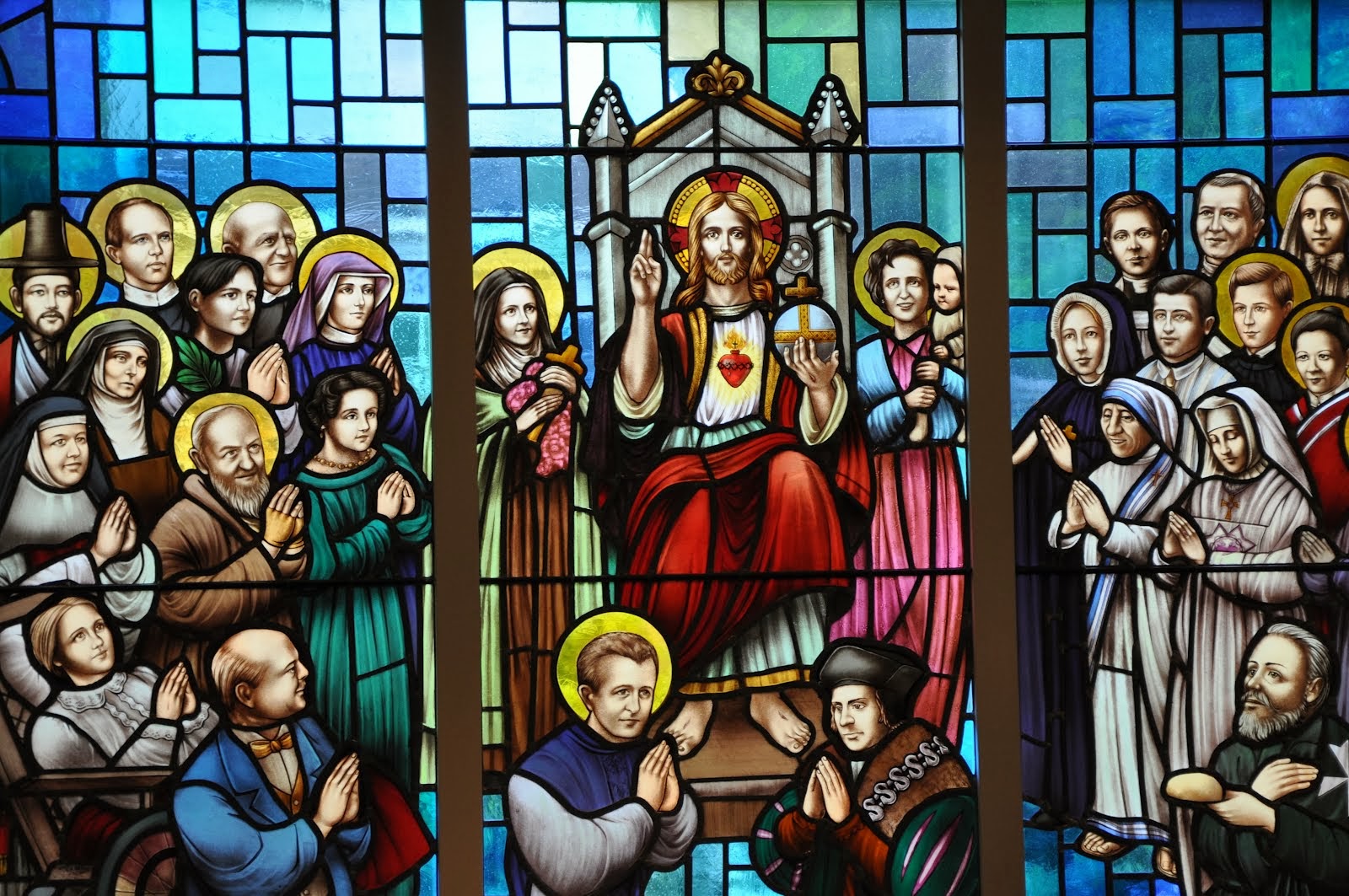
“The more my body suffers for Christ, the more my soul is strengthened.” St. Probus (3rd-4th centuries)
“Jesus’ cross is an example of painful toil. His resurrection is the reward of painful toil. In the cross He showed us how we are to bear suffering. In His resurrection He showed us what we are to hope for.” St. Augustine of Hippo (4th-5th centuries, Doctor of the Church)
“Love that does not know of suffering is not worthy of the name.” St. Clare of Assisi (12th-13th centuries)
“Bodily and spiritual affliction are the surest sign of Divine predilection, yea even a mark of the espousal of the soul with God. Gratitude for suffering is a precious jewel for our heavenly crown.” St. Gertrude the Great (13th century)
“He who knows best how to suffer will enjoy the greater peace, because he is the conqueror of himself, the master of the world, a friend of Christ, and an heir of heaven.” Ven. Thomas a Kempis (14th-15th centuries)
“God values your readiness to face suffering and deprivation for love of him more than all the consolations, spiritual visions, and meditations which you may have.” St. John of the Cross (16th century, Doctor of the Church)
“Nothing short of suffering, except in rare cases, makes us what we ought to be.” St. John Henry Newman (19th century)
“The patient and humble endurance of the cross—whatever nature it may be—is the highest work we have to do.” St. Katharine Drexel (19th-20th centuries)
“In the crosses of life that come to us, Jesus offers us opportunities to help him redeem the world. Let us profit by his generosity.” Bl. Solanus Casey (19th-20th centuries)
“I do not love suffering itself; I ask it of God because I desire its fruits: it gives glory to God, saves my brothers in exile, and frees souls from the fires of Purgatory” St. Pio of Pietrelcina (19th-20th centuries)
“Suffering has been loved joyfully by great souls. It is the auxiliary of creation after the unfortunate fall; it is a most powerful lever to raise man up again, it is the helping hand of Infinite Love for our regeneration.” St. Pio of Pietrelcina
“When one is looking for counsel, it is always well to seek out those who themselves have suffered. There is much more wisdom acquired from patiently bearing suffering than there is from books…Perhaps the reason why Peter and not John was chosen as the head of the Church was because he fell and, therefore, understood human weakness. Suffering may be sent to us because we have been too narrow and selfish in our view of it, and also to prepare us for our work in helping others in trouble.” Ven. Fulton Sheen (19th-20th centuries)
“A feverish brow that never throbs in unison with a Head crowned with thorns, or an aching hand never borne in patience with a Hand on the Cross, is sheer waste. The world is worse for that pain when it might have been so much the better. All the sick-beds in the world are either on the right side of the Cross or on the left; their position is determined by whether, like the thief on the left, they ask to be taken down, or, like the thief on the right, they ask to be taken up.” Ven. Fulton Sheen
“What is the extra ingredient in suffering – which when absent prompts a curse, and when present becomes a joy? You must unite your sufferings and sorrows with Christ and see your Calvary as coming from the Hand of God. Our Lord saw the cup of His Passion as given to Him, not by Judas or Pilate or Caiphas or the people, but by His Father: ‘Shall I not drink the Cup My Father Himself has appointed for Me?’ Pain without Christ is suffering; pain with Christ is sacrifice.” Ven. Fulton Sheen
“Gradually, as the individual takes up his cross, spiritually uniting himself to the cross of Christ, the salvific meaning of suffering is revealed before him. He does not discover this meaning at his own human level, but at the level of the suffering of Christ. At the same time, however, from this level of Christ the salvific meaning of suffering descends to man’s level and becomes, in a sense, the individual’s personal response. It is then that man finds in his suffering interior peace and even spiritual joy…A source of joy is found in the overcoming of the sense of the uselessness of suffering, a feeling that is sometimes very strongly rooted in human suffering.” Pope St. John Paul II (20th-21st centuries)
